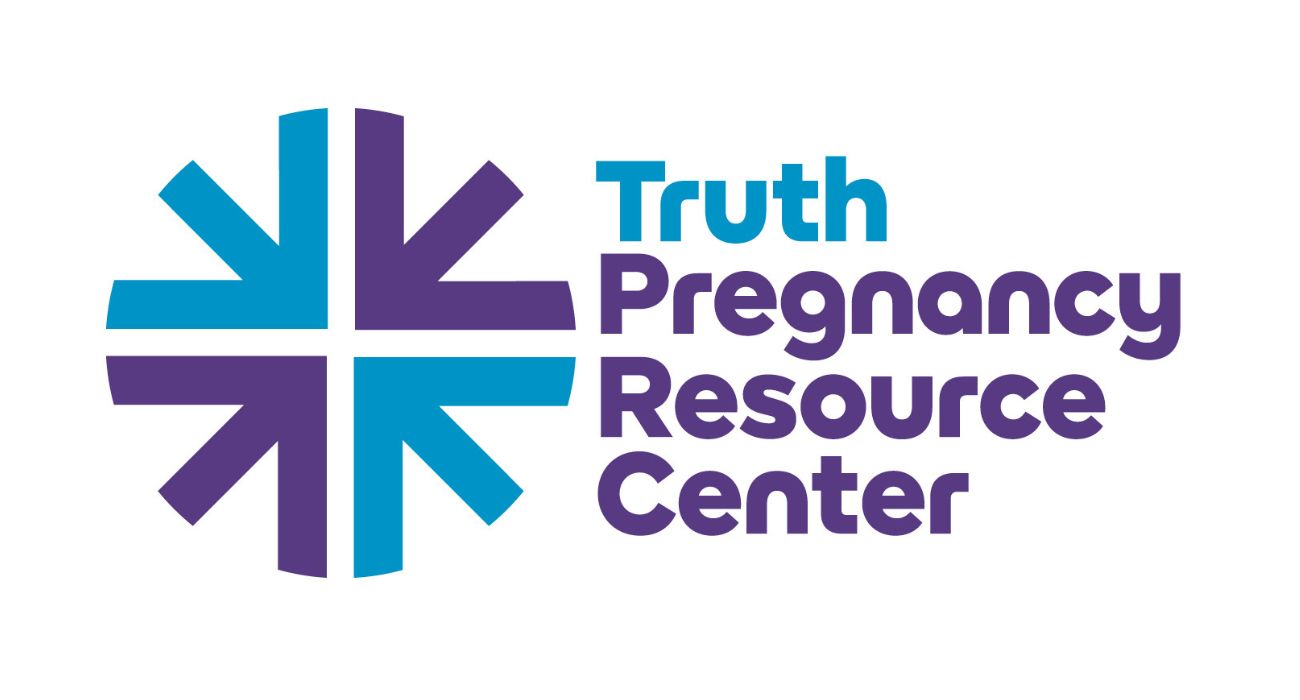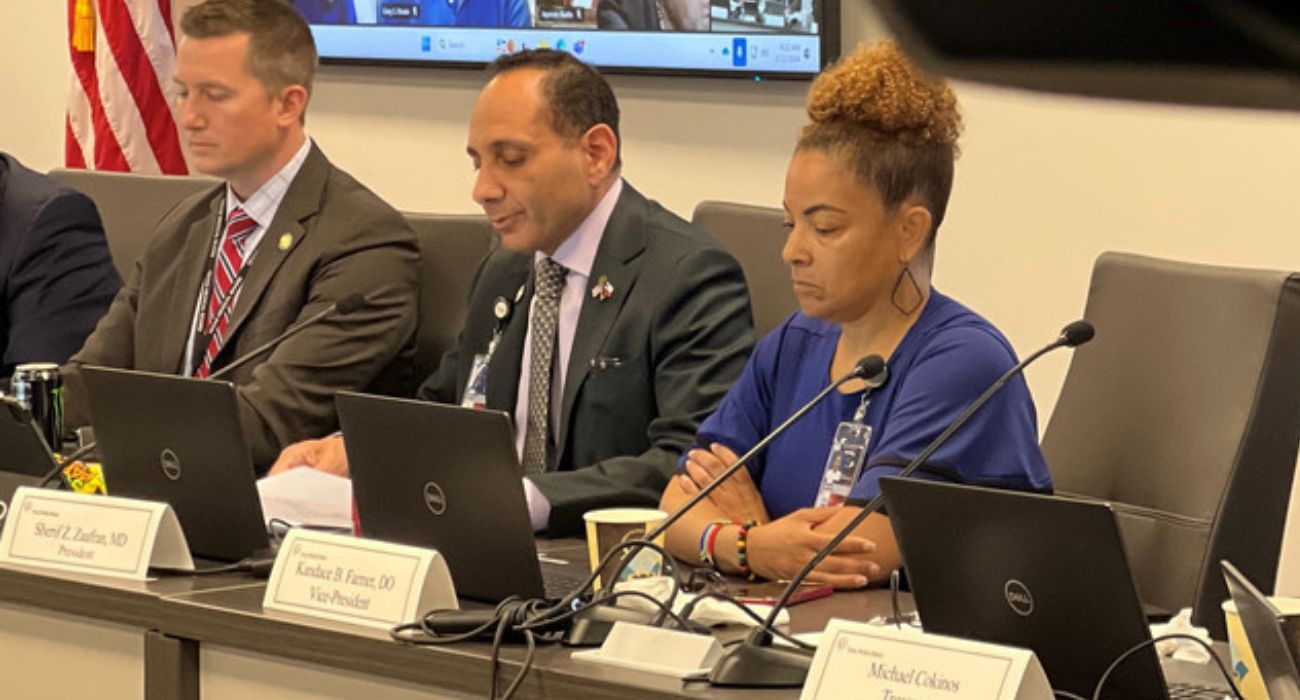According to a legal document obtained by a non-profit investigative research group, the Wuhan Institute of Virology (WIV) has the authority to order a collaborating U.S. lab to delete all data generated from their partnering work.
“The party is entitled to ask the other to destroy and/or return the secret files, materials and equipment without any backups,” states a memorandum of understanding (MOU) between the Wuhan lab and the Galveston National Laboratory at the University of Texas Medical Branch.
The MOU serves as an agreement that states each lab can request that the other return or “destroy” any so-called “secret files” — any communications, documents, data, or equipment resulting from their collaboration — and wipe any copies.
U.S. Right to Know, which researches matters of public health, procured the document through a Texas Public Information Act request as part of an investigation into taxpayer-funded viral research.
The document aimed to promote collaboration in research and training between the two labs. It was signed in 2017 and will remain in effect until October 2022. However, the confidentiality provisions will still be applicable after the five years have expired, according to the deal.
The news that the Wuhan lab retains the right to request the destruction of data on U.S. servers raises doubts about Zhengli Shi, a top scientist at the Wuhan Institute of Virology, who stated in a February interview with Technology Review that her lab would never erase important research material.
Reuben Guttman, a partner at Guttman, Buschner & Brooks PLLC who specializes in safeguarding the integrity of government programs, told Right to Know he sees the clause as extreme.
“Anytime I see a public entity, I would be very concerned about destroying records,” he said.
According to Guttman, even private corporations are supposed to have internal data retention and disposal rules. Still, as a public institution, the Texas lab is under even stricter regulations by laws designed to protect federal and state taxpayer monies. The federal False Claims Act and the Texas Public Information Act are two of these statutes. As part of the University of Texas System, the Galveston National Laboratory is a federally funded institution.
“You can’t just willy nilly say, ‘Well, you know, the Chinese can tell us when to destroy a document.’ It doesn’t work like that,” said Guttman. “There has to be a whole protocol.”







Obviously the last paragraph should have the first,…but then you wouldn’t have had an article.